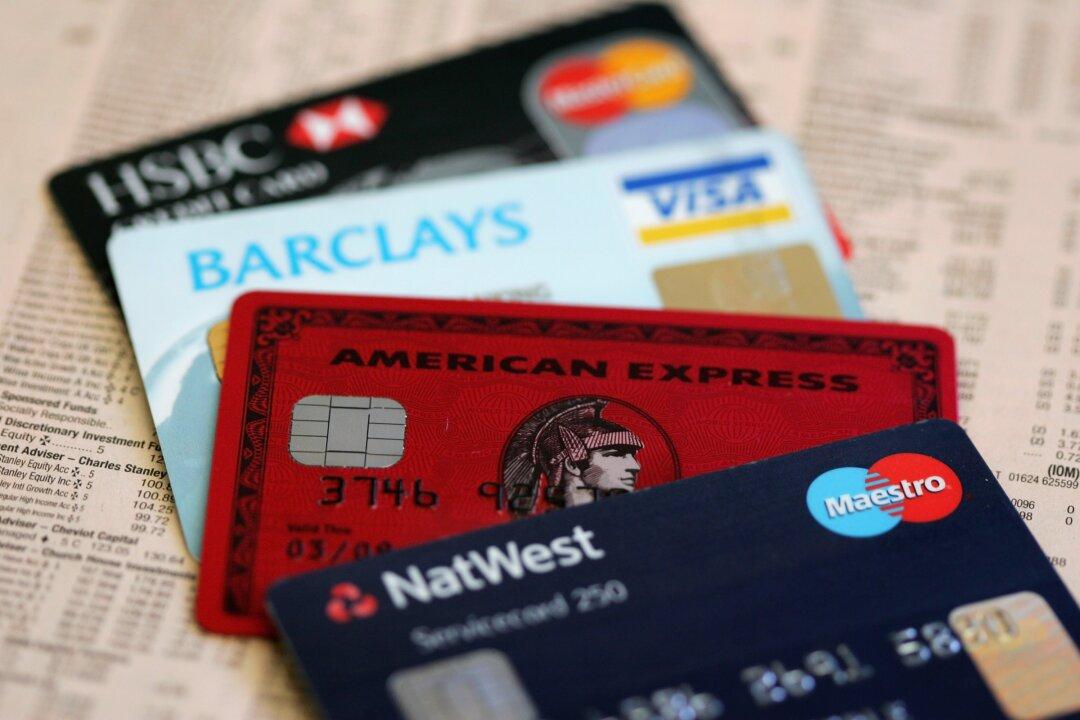A business credit card offers some clear advantages for a small business owner: Access to additional capital, reward and travel perks, potential zero percent interest on purchases, sign-up bonuses … the list goes on. And in some cases, it can even replace traditional business financing as a better, more affordable option to cover business expenses. But in order to get the most from a business credit card, you have to use it effectively and avoid costly mistakes.
If you’ve decided a business credit card is for you, it’s time to make that little piece of plastic work overtime in your favor. Maybe you’ve already secured a business card or you’re looking for the very best one. Either way, here are four ways to make sure you get the most out of that card.






